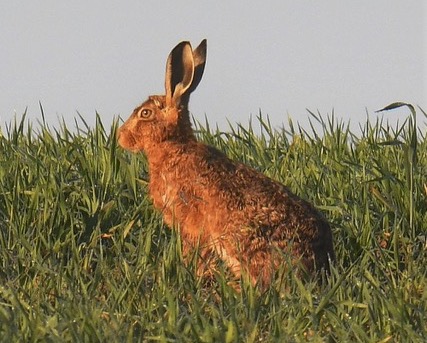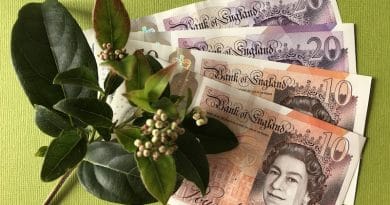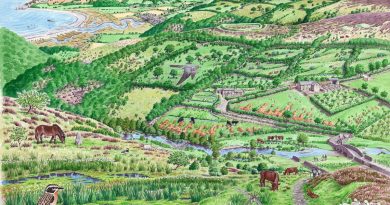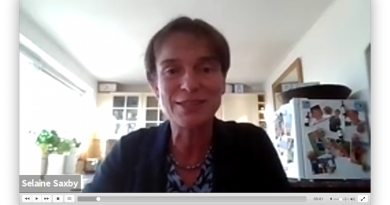What Do We Value in Our Post Lock-Down World?
At this time for many of us, here in the Lyn Valley area as well as country wide, Covid-19 has hugely impacted our lives. Some of us have suffered more than others. There has been the devastating loss of loved ones – sometimes without even being able to say goodbye; loss of work and livelihood with the anxiety of wondering how businesses will survive and bills will be paid. Families and friends have been unable to meet and key rites of passage left uncelebrated. Confinement has impacted relationships, and peoples’ mental health has been badly affected. These times are still very uncertain and we do not know if there will be a spike again, as in some parts of the world, and whether or not some of the eases of lock-down will have to be reversed.
Then in a very different set of experiences, for some there might have been the delight of time off from work giving the chance to rest, catch up with other things and re-appraise our lives. But whichever way it has taken us, it seems so far to have been a time in which we have been reminded of what we most value. When polled people have spoken of valuing especially: face to face gatherings of family or friends, unpolluted air, and the chance to hear bird-song. In our own beautiful area we have been able to appreciate the various forms of wildlife more and these seem to have become more adventurous as we humans have encroached less on their habitat.
As lock-down eases we will want to hold dear those things that are of most value to us. In a a very interesting result only 9% of Britons want to return to life as normal after the end of the lockdown according to a survey by the Food, Farming and Countryside Commission and the Food Foundation charity. An overwhelming majority prefer some of the changes. They cited cleaner air (51%), more wildlife (27%), a stronger sense of community (40%) and being more in touch with friends and family (39%) as positive effects that they had noticed.
But it is the case that while we will in time be able to fully reinstate face-to-face gatherings with family and friends the climate crisis can’t wait. We do not have long at all to prevent an irreversible rise in global temperatures which will have devastating effects such as increasing the extremes of weather – droughts, floods, hurricanes, rising sea-levels, forest fires etc. [for more on this see the report by the Government’s own Climate Change Committee https://www.theccc.org.uk/ ]. We have had record summer temperatures in the Artic this year, for example which will further accelerate climate change. And in the end these consequences of this will cause more deaths than even the Corona virus. If we value the earth we must try to help.
It can feel overwhelming to face something so large. It was the philosopher John Stuart Mill who claimed: the only thing necessary for the triumph of evil is for good [people] to do nothing, and we can feel a difficult mix of helplessness and guilt if not of wanting to give up altogether. But we only have to start doing very small changes to begin to make a difference.
Let’s begin with the smallest changes. Ones that we know we can make: an email to a politician, a very small reduction in the amount of things we buy, walking the occasional short journey. [For more inspiration see https://www.visitlyntonandlynmouth.com/business/lyn-climate-action/ ]. Once we are used to these we can take stock again. If the changes are incremental they won’t have a big negative impact on each of us but overall will have a very positive impact on the planet.
Deirdre




